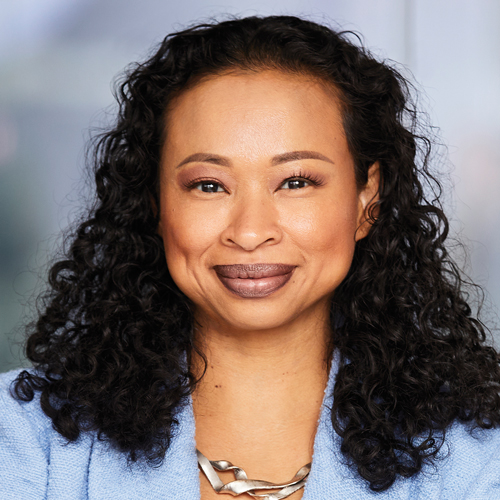
As the leader of Comcast’s Project UP, Wilson-Scott recently spearheaded a $35 million initiative to support skills training for future innovators, creators and entrepreneurs. Comcast RISE has provided $140 million to over 14,000 small businesses, and Team UP engaged 16,000 employees in 130,000 hours of volunteer work in 2023. Wilson-Scott’s advocacy extends to fostering women’s leadership and supporting women-led organizations, including the Women’s Network ERG, Tech Women and several professional development programs.